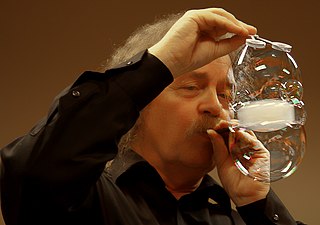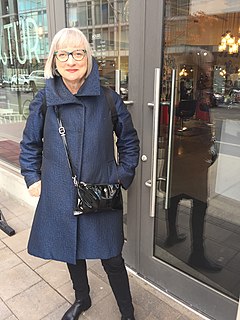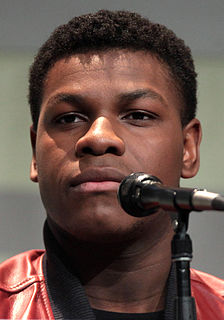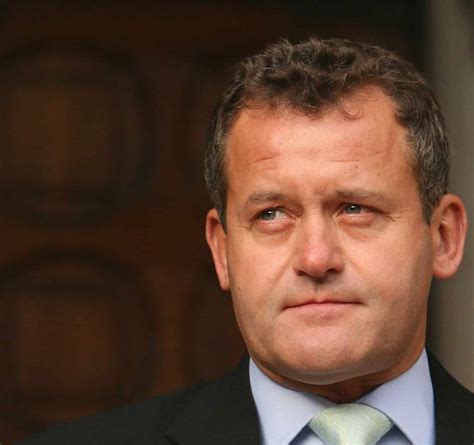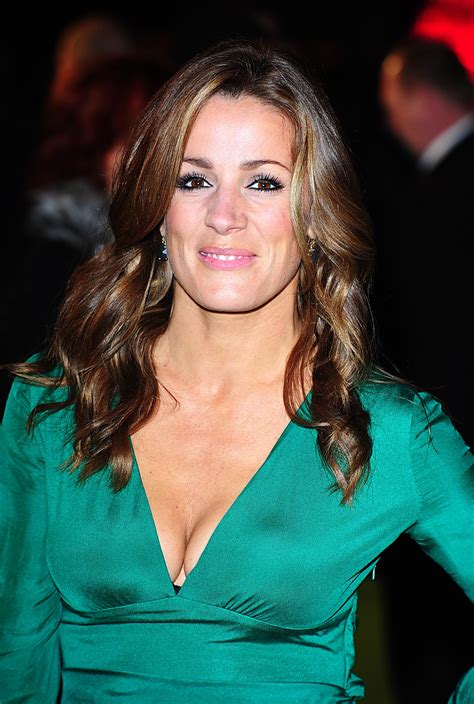A Quote by Natasha Trethewey
My own journey in becoming a poet began with memory - with the need to record and hold on to what was being lost. One of my earliest poems, Give and Take, was about my Aunt Sugar, how I was losing her to her memory loss.
Related Quotes
I could still smell her on my fur. It clung to me, a memory of another world. I was drunk with it, with the scent of her. I'd got too close. The smell of summer on her skin, the half-recalled cadence of her voice, the sensation of her fingers on my fur. Every bit of me sang with the memory of her closeness. Too close. I couldn't stay away.
Harriet Levin [is] a shining poet in her generation.... The dynamics of her language and her vigorous voice distinguish all her poems. Levin's fearless willingness to tackle any subject combines with her subtle intelligence to produce a rare reading experience, the moving, psychologically sophisticated and intriguing work of a poet with both guts and craft
She remembered the heroines of novels she had read, and the lyrical legion of those adulterous women began to sing in her memory with sisterly voices that enchanted her. Now she saw herself as one of those amoureuses whom she had so envied: she was becoming, in reality, one of that gallery of fictional figures; the long dream of her youth was coming true.
When a homemaking aunt scolds a niece for following her evangelistic passion instead of domestic pursuits, her reply is interesting. First, she clarifies that God's individual call on her doesn't condemn those in more conventional roles. Then, she says she can no more ignore the cry of the lost than her aunt can the cry of her child.
What happens when she's not my memory anymore? What happens when she's not around to tell me about his belt leaving scars across my two-year-old brother's face or when he whacked her so hard that she lost her hearing for a week? Who'll be my memory?" Santangelo doesn't miss a beat. "I will. Ring me." "Same," Raffy says. I look at him. I can't even speak because if I do I know I'll cry but I smile and he knows what I'm thinking.
In Irena’s head the alcohol plays a double role: it frees her fantasy, encourages her boldness, makes her sensual, and at the same time it dims her memory. She makes love wildly, lasciviously, and at the same time the curtain of oblivion wraps her lewdness in an all-concealing darkness. As if a poet were writing his greatest poem with ink that instantly disappears.
Princess Diana talking to Prince William about the loss of her title Her Royal Highness: She turned to William in her distress. She (Princess Diana) told me how he had sat with her one night when she was upset over the loss of HRH, put his arms around her and said: Don't worry, Mummy. I will give it back to you one day when I am king.
Advent's intention is to awaken the most profound and basic emotional memory within us, namely, the memory of the God who became a child. This is a healing memory; it brings hope. The purpose of the Church's year is continually to rehearse her great history of memories, to awaken the heart's memory so that it can discern the star of hope.

